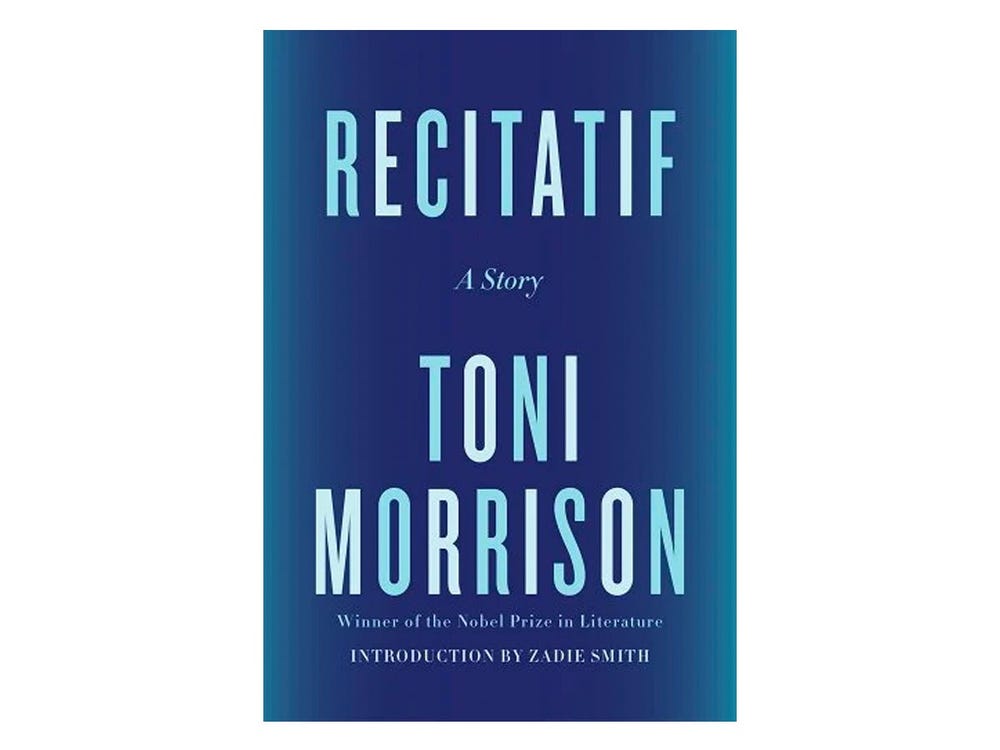“Quiet as it is kept, there were no marigolds in the fall of 1941 . . . Not even the gardens fronting the lake showed marigolds that year.”
These lines from the beginning of “The Bluest Eye” helped cast a spell and launch the writing career of Toni Morrison. The lake is Lake Erie, the gardens are in Lorain, Ohio, the hometown of a woman who elevated and altered the course of world literature.
After Morrison died August 5, 2019, Ohio state representatives Stephanie Howse (D-Cleveland) and Joe Miller (D-Amherst) co-sponsored House Bill No. 325 to declare February 18, the Nobel Laureate’s birthday, Toni Morrison Day.
Born Chloe Ardelia Wofford in 1931, Morrison remade English literature as an editor, novelist, professor, essayist and cultural critic. Her 11 novels include “Beloved,” which won the Anisfield-Wolf Book Award for fiction and the Pulitzer Prize in 1988. From the beginning, Morrison shrugged off the white gaze, creating worlds in which Black characters shone in their particular and universal complexity, beauty and pain.
In February, Bill 325 passed the Ohio House, then moved to the Senate for a subcommittee hearing.
“Seeing someone from our neighborhood rise to worldwide renown and recognition, including being the first African-American woman to win the Nobel Prize in Literature, is a continual source of pride for all of us in the Lorain area,” testified Miller, whose district encompasses Lorain.
Howse also testified. “Her work stirred our souls, challenged our conscience to confront injustices, and encouraged the rest of the world to do the same,” she said. “She set the stage for an entire generation of authors to tell their untold stories and celebrate the beautiful diversity of humankind.”
More context came from Cheri Campbell, whose 30-year tenure at the Lorain County Public Library coincided with the dedication of the Toni Morrison Reading Room in 1995. She recounted the story in her House testimony:
“Upon her winning the Nobel Prize for Literature in October 1993, many in the community wanted to rename streets, rename the library system, among other ideas,” Campbell wrote. “When the community discussion reached Toni’s ears, she asked us to establish a reading room in her name that would – in her words – ‘be the one place available in the neighborhood with a quiet room and comfortable chairs.’ Our library had been where she spent many hours reading books, so that is what she wanted from us. And we gave it to her.”
Campbell said the Reading Room drew many visitors and scholars, curious about Morrison’s origins. “In my work, no matter where it’s set,’ “she once told an audience at Oberlin College, “‘the imaginative process always starts right here on the lip of Lake Erie.’”
Dr. Marilyn Mobley, a founder of the Toni Morrison Society and professor of English and African American Studies at Case Western Reserve University, also wrote in favor of the bill. “It is only fitting,” she said, “that the state of Ohio recognizes all that Toni Morrison has given us through the power of her words, the persistence of her commitment to truth, and the unwavering passion she shared for the sanctity of the human spirit.”
House Bill No. 325 will have a second hearing in the Ohio Senate in December. If the bill passes the subcommittee, it will head to the full Ohio Senate for a vote.
Ohio residents wishing to send along letters of support for the bill can email Rep. Miller at Rep56@ohio.house.gov.


